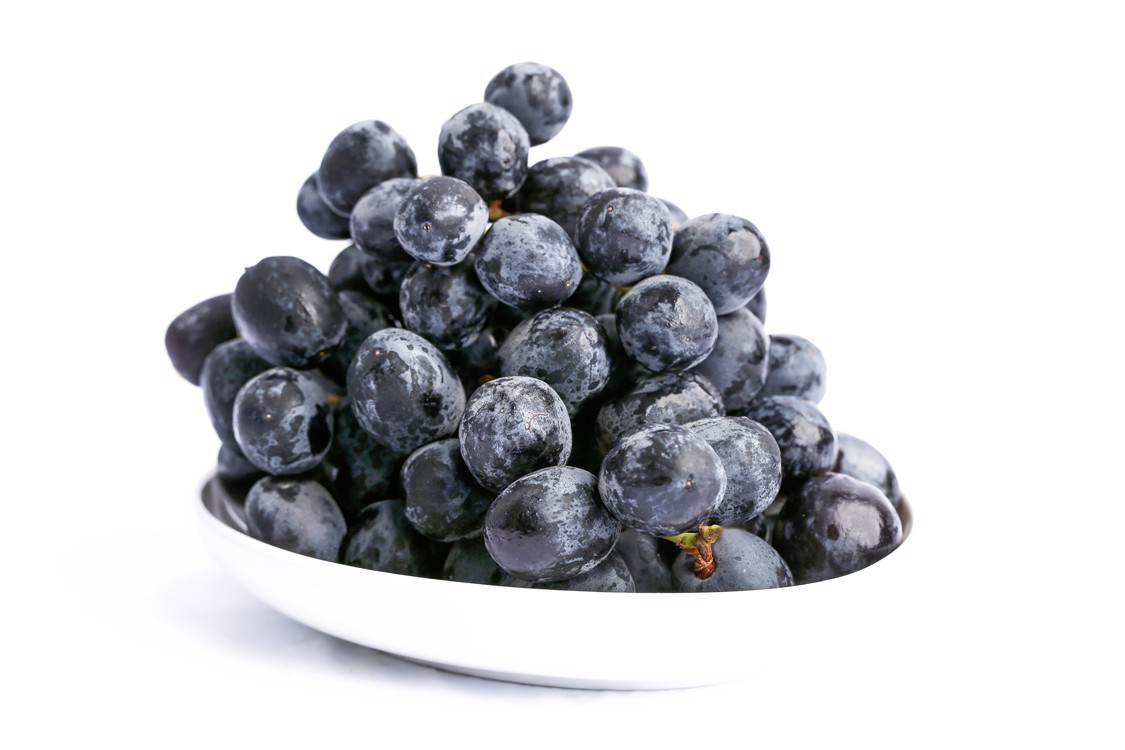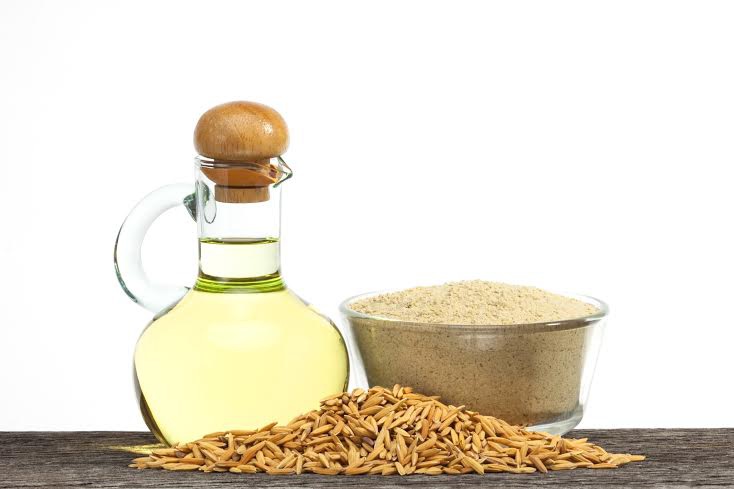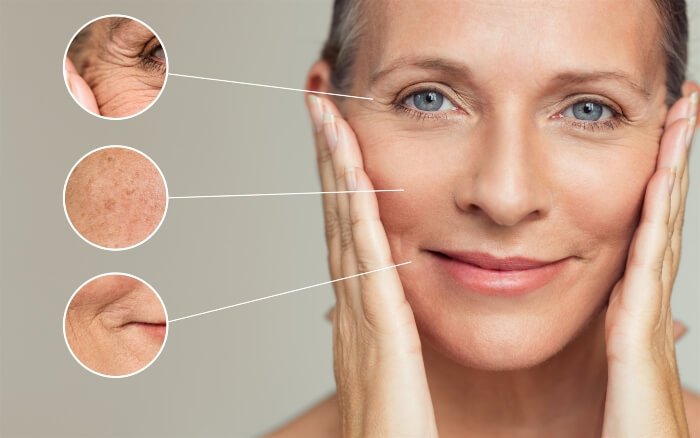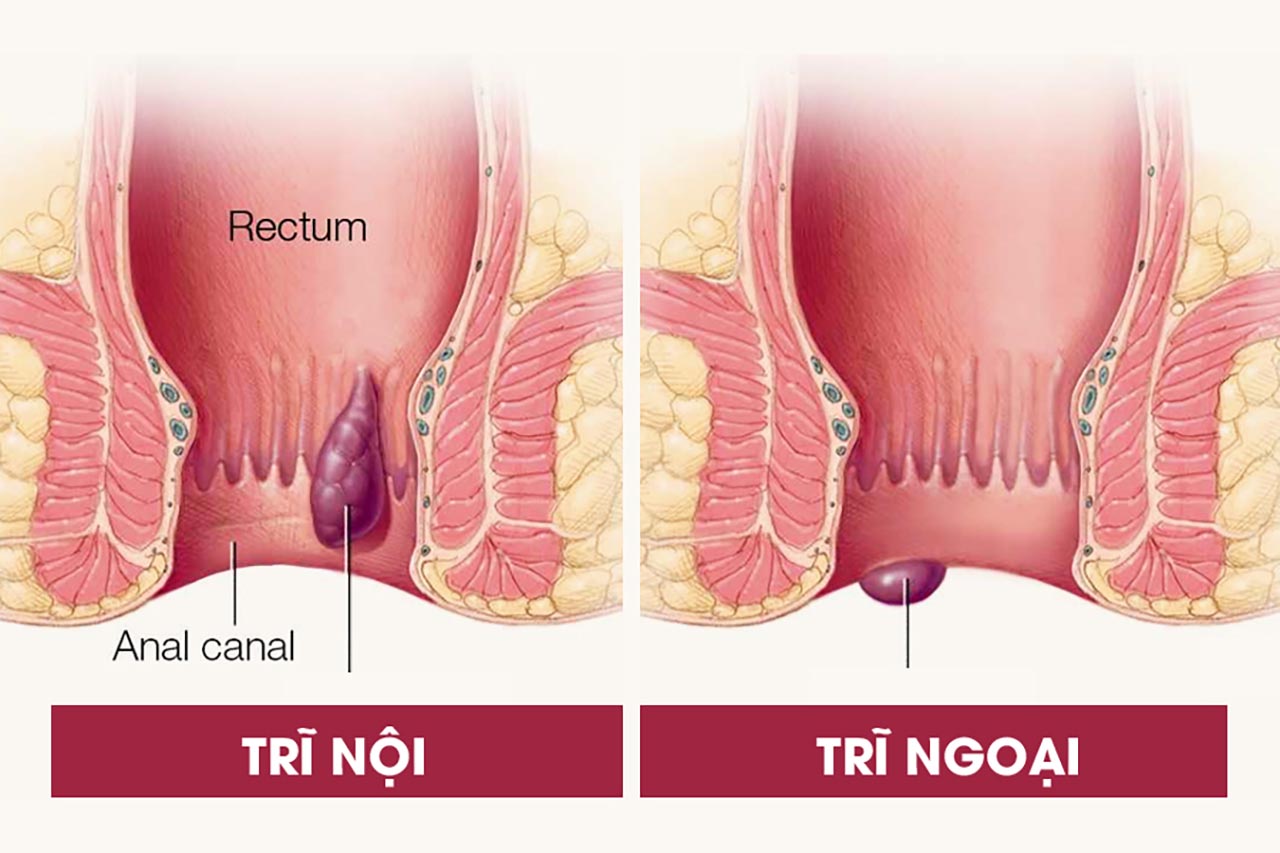If you’ve heard that red wine can help lower cholesterol, chances are you’ve heard of resveratrol, the phytochemical found in red wine.
But beyond being a healthy part of red wine and other foods, resveratrol has health-promoting potential in its own right.
In fact, resveratrol supplements have been linked to many interesting health benefits, including protecting brain function and lowering blood pressure.
This article explains what you need to know about resveratrol, including its seven key potential health benefits.
What is Resveratrol?
Resveratrol is a plant active substance that acts as an antioxidant. Top food sources include red wine, grapes, certain berries and peanuts.
This active ingredient tends to be concentrated mainly in the skins and seeds of grapes and berries. These parts of the grape are included in the red wine fermentation, hence its exceptionally high concentration of resveratrol.
Benefit of Resveratrol
1. Resveratrol supplements may help lower blood pressure
Due to its antioxidant properties, resveratrol may be a promising supplement for lowering blood pressure.
A 2015 review concluded that high doses can help reduce the pressure exerted on artery walls when the heart beats.
That type of pressure is called systolic pressure, and appears as the top number in a blood pressure reading. Systolic blood pressure usually increases with age, as the arteries harden. When it’s high, it’s a risk factor for heart disease.
Resveratrol may exert this blood pressure-lowering effect by helping to make more nitric oxide, which causes blood vessels to relax.

However, the authors of this study say more research is needed before specific recommendations on the best resveratrol dose can be made to maximize blood pressure benefits.
SUMMARY:
Resveratrol supplements may help lower blood pressure by increasing nitric oxide production.
2. Supplementing with Resveratrol is beneficial for blood fats
Some animal studies suggest that resveratrol supplements may change blood fats in a healthy way.
A 2016 study fed rats a high-fat, high-protein polyunsaturated diet and also gave them resveratrol supplements.
The researchers found that the average total cholesterol levels and bodyweight of the mice decreased and their “good” HDL cholesterol levels increased.
Resveratrol seems to affect cholesterol levels by reducing the effects of an enzyme that controls cholesterol production.
As an antioxidant, it may also reduce the oxidation of “bad” LDL cholesterol. The oxidation of LDL contributes to plaque buildup in the artery walls.
In one study, participants were given grape extract that was enhanced with the addition of resveratrol.
After six months of treatment, their LDL was reduced by 4.5% and their oxidized LDL was reduced by 20% compared with participants who received unenriched grape extract or a placebo.
SUMMARY:
Resveratrol supplementation may be beneficial for blood lipids. As an antioxidant, they can also reduce the solubility of LDL cholesterol.
3. Resveratrol prolongs life in some animals
Resveratrol’s alleged ability to prolong life in various organisms has become a major area of research.
There is evidence that resveratrol activates certain genes that help ward off aging diseases.
Resveratrol works to achieve this in the same way that calorie restriction does, which has shown promise in extending lifespan by altering the way genes express themselves.
However, it is not clear whether this compound has the same effect in humans.
A review of studies exploring this link found that resveratrol increased lifespan in 60% of the organisms studied, but the effect was strongest in organisms less related to humans, such as worms and fish.
SUMMARY:
Resveratrol has extended lifespan in animal studies. However, it is not clear whether they have the same effect in humans.
4. Resveratrol protects the brain
Some studies show that drinking red wine can help slow age-related cognitive decline.
This may be partly due to the antioxidant and anti-inflammatory activity of resveratrol.
It seems to interfere with protein fragments called beta-amyloids, which are important for the formation of plaques that are hallmarks of Alzheimer’s disease.

In addition, the active ingredient can trigger a chain of events that protects brain cells from damage.
While this research is intriguing, scientists still have questions about how well the human body can use the supplement resveratrol, which limits its immediate use as a supplement. to protect the brain.
SUMMARY:
A potent antioxidant and anti-inflammatory agent, resveratrol shows promise in protecting brain cells from damage.
5. Resveratrol may increase insulin sensitivity
Resveratrol has been shown to have some benefits for diabetes, at least in animal studies.
These benefits include increased insulin sensitivity and prevention of complications from diabetes.
One explanation for how resveratrol works is that it might block a certain enzyme from turning glucose into sorbitol, a sugar alcohol.
When too much sorbitol builds up in people with diabetes, it can create oxidative stress that causes cell damage.
Here are a few benefits that resveratrol may have for people with diabetes:
- May protect against oxidative stress: Its antioxidant action may help protect against oxidative stress, which causes some of the complications of diabetes.
- Helps reduce inflammation: Resveratrol is thought to reduce inflammation, a major factor in chronic diseases, including diabetes.
- Activate AMPK: This is a protein that helps the body metabolize glucose. Activated AMPK helps keep blood sugar low.
Resveratrol may even provide more benefits for people with diabetes than those without the condition. In an animal study, red wine and resveratrol were actually more effective antioxidants in diabetic rats than in normal mice.
The researchers say the active ingredient could be used to treat diabetes and its complications in the future, but more research is needed.
SUMMARY:
Resveratrol helped mice develop better insulin sensitivity and fight diabetes complications. In the future, people with diabetes may also benefit from resveratrol therapy.
6. Resveratrol may help relieve joint pain
Arthritis is a common problem that leads to joint pain and loss of mobility.
Plant-based supplements are being studied as a way to treat and prevent joint pain. When taken as a supplement, resveratrol can help protect cartilage from damage.
Cartilage breakdown can cause joint pain and is one of the main symptoms of arthritis.
One study injected resveratrol into the knee joints of rabbits with arthritis and found that these rabbits suffered less damage to their cartilage.
Another test-tube and animal study has suggested that this compound has the ability to reduce inflammation and prevent damage to joints.
SUMMARY:
Resveratrol may help relieve joint pain by protecting damaged cartilage.
7. Resveratrol can inhibit cancer cells
Resveratrol has been studied, especially in test tubes, for its ability to prevent and treat cancer. However, the results have been mixed.
In animal and test-tube studies, it has been shown to fight several types of cancer cells, including stomach, colon, skin, breast, and prostate.
This is how resveratrol can fight cancer cells:
- It can inhibit the growth of cancer cells: It can stop cancer cells from multiplying and spreading.
- Resveratrol can change gene expression: It can change gene expression in cancer cells to inhibit their growth.
- It may have hormonal effects: Resveratrol may interfere with the way certain hormones are expressed, which may cause hormone-dependent cancers to spread.
However, because the studies to date have been done in test tubes and animals, more research is needed to see if the compound can be used to treat cancer in humans.
SUMMARY:
Resveratrol has shown interesting cancer-blocking activity in test tubes and animal studies.
Conclusion
Resveratrol is a powerful antioxidant with great potency.
It’s shown promise for a wide range of health conditions, including heart disease and arthritis. However, clear dosage instructions are still lacking.
















